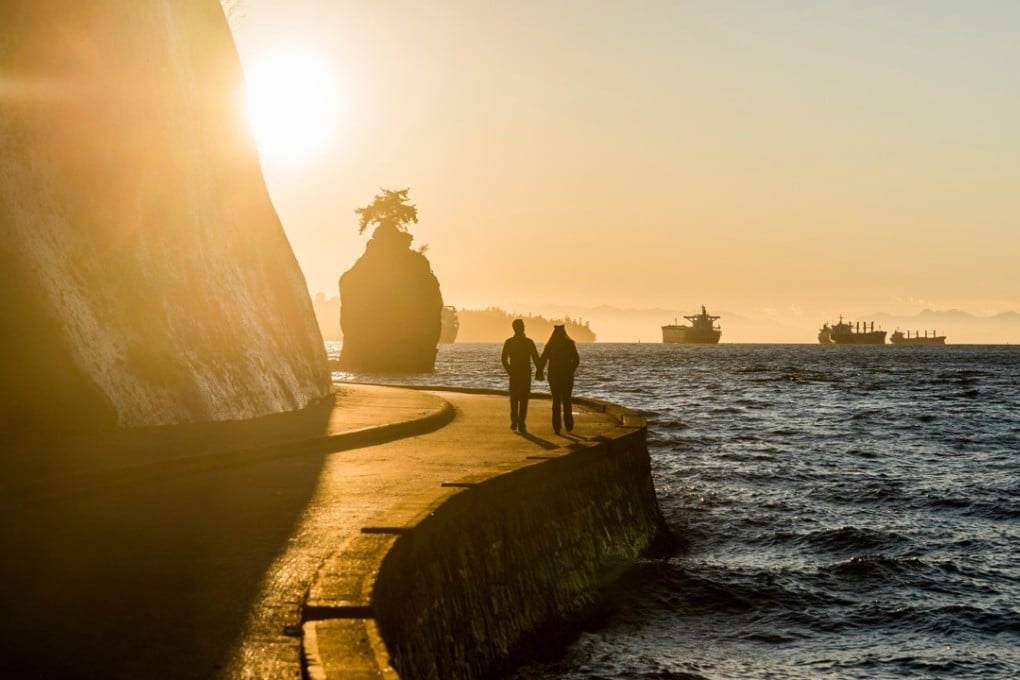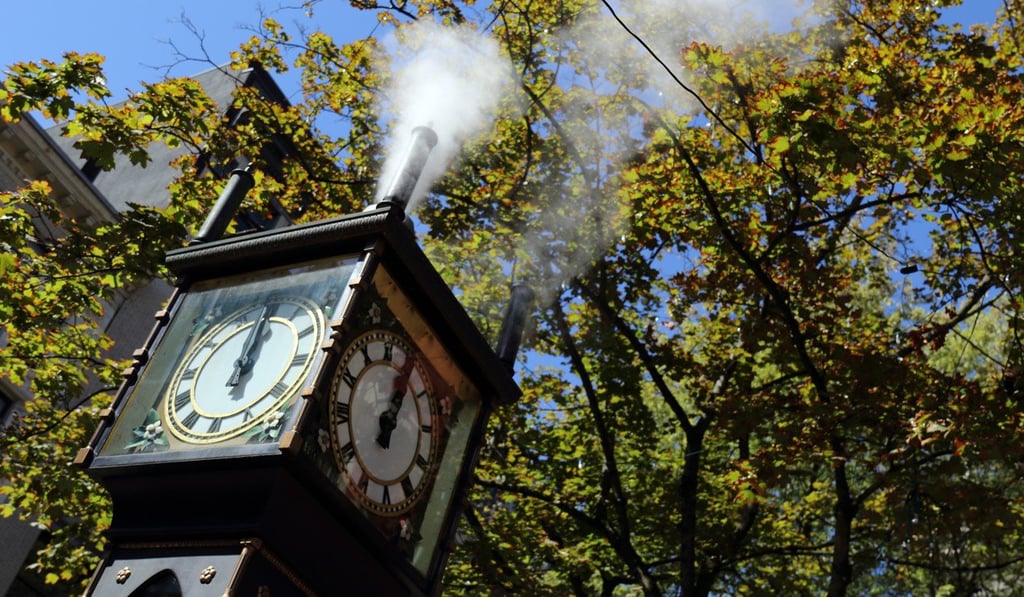The good, bad and ugly sides to visiting Vancouver – Canada’s most livable yet unhappiest city?
The West Coast city may score high on global liveability surveys but the unaffordable housing, often dismal weather and bad roads all contribute to making it Canada’s least happy city

The Good
When it comes to quality of life, Vancouver keeps illustrious company. Only Melbourne and Vienna finished ahead of the Canadian city in the Economist Intelligence Unit’s 2017 global liveability survey of 140 cities, based on factors such as health care, the environment, education, culture and infrastructure.
Surrounded by the Pacific and snow-capped mountains, Vancouver isn’t short of spectacular outdoor spaces. Hire a bike and spend a day exploring Stanley Park, ranked the best park in the world by TripAdvisor contributors in 2014. Pedal past lakes and lighthouses, totem poles and tennis courts.
There’s a yacht club, a rowing club, a rugby club, not forgetting well-known landmark the Seawall, which forms part of the 28km Seaside Greenway, the world’s longest uninterrupted waterfront path. And if you’re still going strong by evening, head along to watch the 9 O’Clock Gun give the city a thunderous time check.
Start day two by hopping on the Aquabus to Granville Island; once an industrial area now a cultural hub. Browse the art studios, curio shops and excellent public market then take a 10-minute taxi ride to the soothing environs of the Dr Sun Yat-sen Classical Chinese Garden, in nearby Chinatown. From there, a five-minute walk brings you to the cobbled streets of Vancouver’s oldest neighbourhood.
